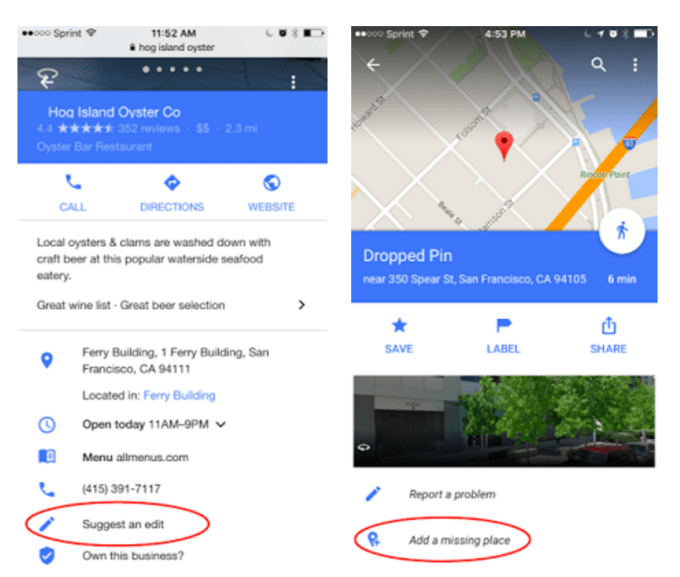Kent Smetters in The Hill: ” Big Data and analytics are driving advancements that touch nearly every part of our lives. From improving disaster relief efforts following a storm, to enhancing patient response to specific medications to criminal justice reform and real-time traffic reporting, Big Data is saving lives, reducing costs and improving productivity across the private and the public sector.Yet when our elected officials draft policy they lack access to advanced data and analytics that would help them understand the economic implications of proposed legislation. Instead of using Big Data to inform and shape vital policy questions, Members of Congress typically don’t receive a detailed analysis of a bill until after it has been written, and after they have sought support for it. That’s when a policy typically undergoes a detailed budgetary analysis. And even then, these assessments often ignore the broader impact on jobs and the economy.
Yet when our elected officials draft policy they lack access to advanced data and analytics that would help them understand the economic implications of proposed legislation. Instead of using Big Data to inform and shape vital policy questions, Members of Congress typically don’t receive a detailed analysis of a bill until after it has been written, and after they have sought support for it. That’s when a policy typically undergoes a detailed budgetary analysis. And even then, these assessments often ignore the broader impact on jobs and the economy.
We must do better. Just as modern marketing firms use deep analytical tools to make smart business decisions, policymakers in Washington should similarly have access to modern tools for analyzing important policy questions.
Will Social Security be solvent for our grandchildren? How will changes to immigration policy influence the number of jobs and the GDP? How will tax reform impact the budget, economic growth and the income distribution? What is the impact of new investments in health care, education and roads? These are big questions that must be answered with reliable data and analysis while legislation is being written, not afterwards. The absence leaves us with ideology-driven partisanship.
Simply put, Washington needs better tools to evaluate these complex factors. Imagine the productive conversations we could have if we applied the kinds of tools that are commonplace in the business world to help Washington make more informed choices.
For example, with the help of a nonpartisan budget model from the Wharton School of the University of Pennsylvania, policymakers and the public can uncover some valuable—and even surprising—information about our choices surrounding Social Security, immigration and other issues.
By analyzing more than 4,000 different Social Security policy options, for example, the model projects that the Social Security Trust Fund will be depleted three years earlier than the Social Security Administration’s projections, barring any changes in current law. The tool’s projected shortfalls are larger than the SSA’s, in fact—because it takes into account how changes over time will affect the outcome. We also learn that many standard policy options fail to significantly move the Trust Fund exhaustion date, as these policies phase in too slowly or are too small. Securing Social Security, we now know, requires a range of policy combinations and potentially larger changes than we may have been considering.
Immigration policy, too, is an area where we could all benefit from greater understanding. The political left argues that legalizing undocumented workers will have a positive impact on jobs and the economy. The political right argues for just the opposite—deportation of undocumented workers—for many of the same reasons. But, it turns out, the numbers don’t offer much support to either side.
On one hand, legalization actually slightly reduces the number of jobs. The reason is simple: legal immigrants have better access to school and college, and they can spend more time looking for the best job match. However, because legal immigrants can gain more skills, the actual impact on GDP from legalization alone is basically a wash.
The other option being discussed, deportation, also reduces jobs, in this case because the number of native-born workers can’t rise enough to absorb the job losses caused by deportation. GDP also declines. Calculations based on 125 different immigration policy combinations show that increasing the total amount of legal immigrants—especially those with higher skills—is the most effective policy for increasing employment rates and GDP….(More)”

